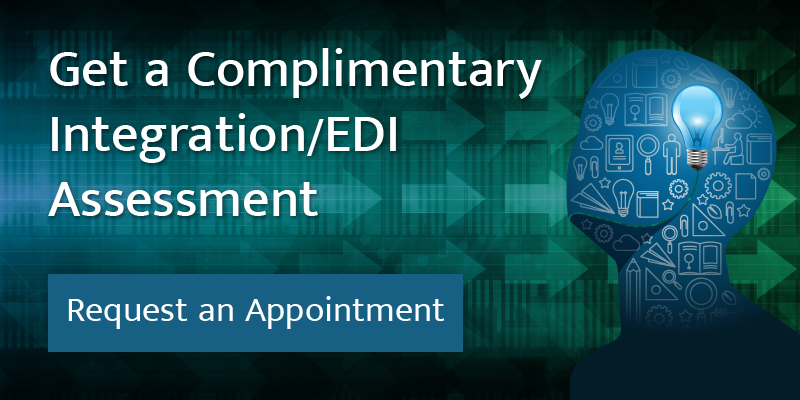As a respected name in IT, data integration, and EDI consulting and recruiting, Remedi has experience with projects of all shapes and sizes. Our experience with IT projects ranges from start to finish, middle to finish, and disaster recovery. There are some common problems IT projects seem to face over and over, leading to a “never ending project."

- Staffing Inadequacies: Staffing issues can range from an inexperienced Project Manager to not having the correct quality or quantity of IT resources on the project. The IT Manager and Project Manager need to work together to correctly allocate resources. The Project Manager should also have a certain level of technical knowledge to be able to properly understand the scope of the project so they do not set unrealistic deadlines for IT project team.
- Tracking Changes: When an IT project is initially “scoped” it is done with mostly a “best case scenario” and a few hours of contingency planning worked in. When a project team fails to properly track changes and additional requests from clients/business units, project hours can quickly spiral out of control. Teams need to be diligent with tracking all requested changes, even when they seem like insignificantly small changes at the time. Be sure to communicate all requested changes to the project management team and prioritize the needs; if you honor every request, your project can quickly spiral out of control.
- Dependency of Projects: Projects can affect multiple lines of business. When one IT team is working on a project, they must consider the other lines of business that it affects as well as projects that other business units may be working on. One of the prime examples I can remember is having a client work all the way through a huge purchasing department project that affected their entire order processing system. Their project went great, until they realized they had not engaged the EDI team and the current file formats that they were receiving needed to be totally rewritten…delaying the implementation of the purchasing project significantly….if they had only engaged the proper departments earlier. Make sure you’re notifying every department that you ‘do business with’ of your intended project plans.
- No Communication: IT departments are often given unrealistic deadlines based on Executive Management or customer expectations and often IT does not properly communicate with project stakeholders thus not delivering the expect outcome. It is crucial that IT project teams push back and do not give in to deadlines that they can’t possibly meet. It’s necessary to communicate realistic deadlines to Executive Management and if the deadline is not flexible, it’s imperative that unrealistic deadlines can affect scope and project cost.
- Process: Your team “hits the ground running”….completing the project is your goal…right?!? No….a successful project takes a certain amount of planning. Without a clearly defined project and scope, your project and quickly spiral out of control. Planning is crucial. Having a clearly outlined process for the project, changes, and outcome can save you time, money, and frustrating roadblocks in completing your project.
While there are many reasons IT projects fail or exceed the estimated timelines and/or budget, knowledge and experience can help avoid most common IT project challenges. Remedi, an IT service provider, uses time tested, best practice processes to avoid falling into these traps. Educating and working with our clients to develop a level of awareness regarding these traps provides an even greater likelihood of success.






